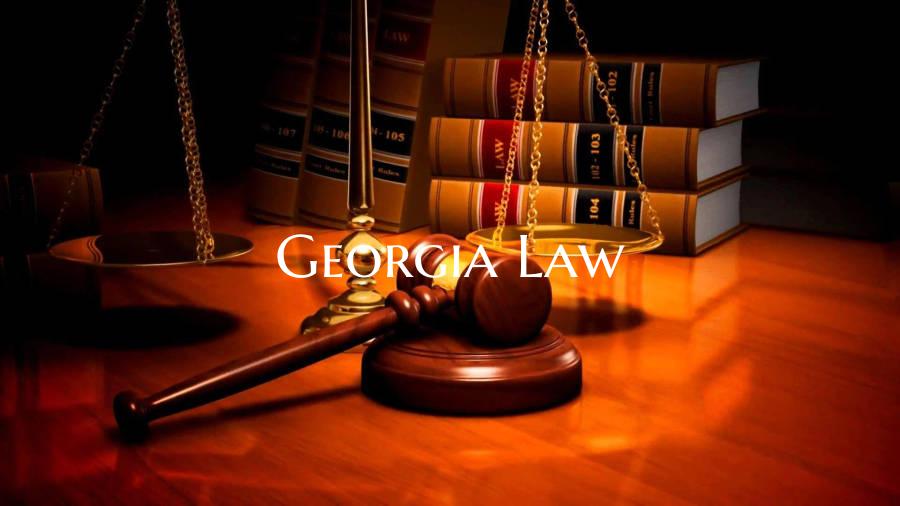
Georgia Law
Georgia, a beacon of the American South, boasts a rich legal landscape that governs various aspects of life within its borders. From civil codes to criminal statutes, Georgia's legal system is designed to protect the rights of its residents and maintain order in society.
At the core of Georgia law is its constitutional framework, which outlines the fundamental principles and rights that form the basis of the state's legal system. The Georgia Constitution serves as the foundation for all laws enacted within the state, providing the framework for the organization of government and the protection of individual liberties.
In addition to the state constitution, Georgia law encompasses a wide range of statutes and regulations that cover areas such as criminal law, family law, property law, and business law. These laws are enacted by the Georgia General Assembly and are enforced by the state's judicial system.
One of the key features of Georgia law is its unique court system, which is divided into several levels, including the Georgia Supreme Court, the Georgia Court of Appeals, and the superior courts. Each level of the court system has specific jurisdiction over certain types of cases, ensuring that legal matters are handled in an efficient and fair manner.
Furthermore, Georgia law also includes provisions for alternative dispute resolution, such as mediation and arbitration, which provide parties with an opportunity to resolve their legal conflicts outside of the traditional court system.
Overall, understanding Georgia law is essential for residents, businesses, and visitors alike to navigate the legal system effectively and ensure compliance with the laws of the state. By gaining a comprehensive overview of Georgia law, individuals can protect their rights, fulfill their legal obligations, and contribute to a just and orderly society.
